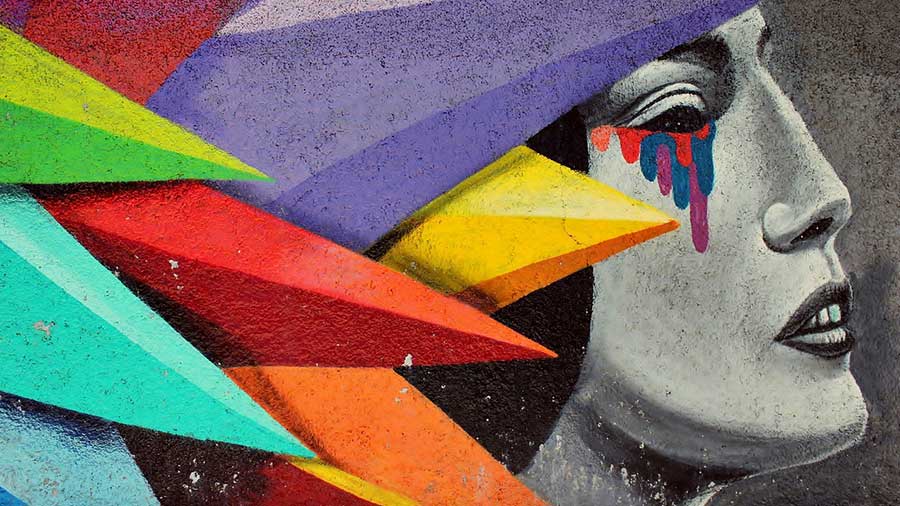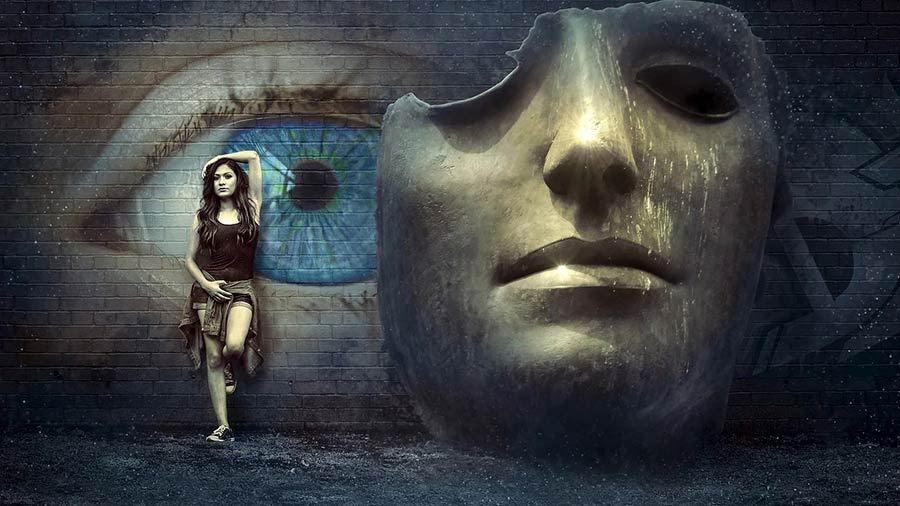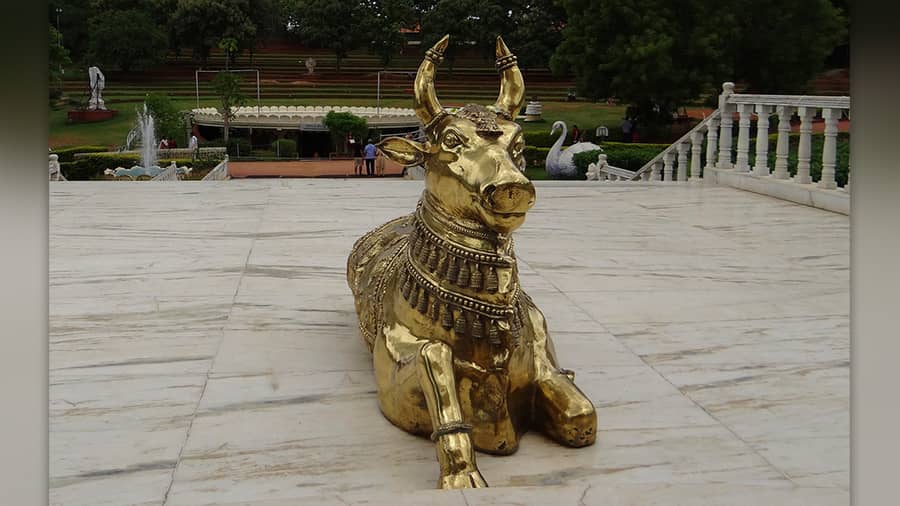I vividly recall Susan Boyle’s haunting rendition of I Dreamed a Dream from Les Miserables. Her mezzo-soprano voice tugged at a place in my heart words could never reach. I can safely bet nobody in the audience of Britain’s Got Talent will ever forget how she made them feel that day.
The sadness art evokes in us mirrors the pain we experience in our lives, lending us a strange sense of solace quite unlike the hollow agony of reality. Case in point, the “happy sadness” induced by Susan Boyle’s mesmerising voice. A sadness mimicking “sweet pain” post a gruelling workout. Not that art-induced pain is any less real, mind you.
I would fall several times hence, because of love, not for the lack of it
I was inexplicably sad for the better part of my twenties, as I struggled to find myself. I saw myself plummet down a dark, dank well, into a place far removed from Wonderland. New-found love for me would gradually seep into the fabric of my being and propel me out of the rabbit hole I had plunged headwards into. While I cannot say I “found myself”, I did find happiness untainted by reason. I emerged resplendent in a spanking new, “mad hatter” avatar. I would fall several times hence, because of love, not for the lack of it. Loving, in spite of it all, made me proficient at climbing wells.
In restaurants we demarcate our inner circles, guarding them fiercely. Kevin Fernandes from Panjim in Goa does not bother exchanging pleasantries with the lady at the adjoining table, Sandra Aunty, who he was introduced to at the flea market ages ago. A gleaming silver tooth momentarily revealed by a smile she flashes at the waiter lends Aunty an air of senility, he thinks, as he gingerly separates slivers of avocado from other, boring salad greens. An exhibition of favouritism not unlike the kind he is showing right then and there with Aunty. Timothy Uncle is probably in heaven, but that barely entitles Aunty to a free pass to Kevin’s coterie. Worse still, free lunch. She probably has Alzheimer’s and will not recognise him anyway, he reckons, attempting to assuage his guilt.
People in elevators nonchalantly graze skins, yet shirk from acknowledging their fellow passengers, let alone smiling at them. Ensconced in our cushy cocoons, we casually ignore people, known and unknown, oblivious of the ‘hostility’ we radiate. Sandra Aunty recognised Kevin, too, but then he seemed so happy, with friends…
Love’s objects are like clothes flirting with our naked skins
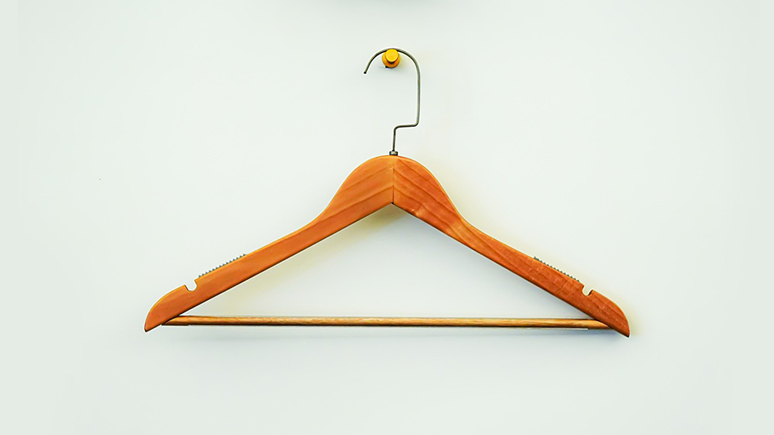
Most of us prefer a bespoke love, tailormade to our requirements, fit for our hangers Pixabay
We’re all going to die, all of us, what a circus! That alone should make us love each other but it does not. We are terrorised and flattened by trivialities, we are eaten up by nothing.
— Charles Bukowski
We should be hugging strangers, laughing and crying with them. Watched Squid Game? Life is similar. Except nobody will survive.
I remember finding my bestie on the back bench in ninth grade. So many relationships are products of mere circumstance. It is convenient to strike up a conversation with your classmate. Yet you ignore a throbbing impulse to chat with a boy feeding pigeons on a promenade. You impose your trust in a man-made institution, not the great outdoors. Your bench mate could be the next Jeffrey Dahmer. The bird-feeding lad? The next Gandhi. But then, little Gandhi’s a stranger.
Love’s objects are like clothes flirting with our naked skins. We place those garments on hangers, as though there are only that many. Tailormade to our requirements; a bespoke collection of love.
I once heard of the passing of a child’s parents. A child old enough to comprehend loss. I could not help but feel his pain, as though my soul momentarily left my body and entered his. When India won a cricket match against Pakistan, my sense of joy for India was interspersed with feelings of sadness for Pakistan.
When it comes to intimate relationships, no matter how much love there is between you and your partner, there's no guarantee that you both will be able to automatically empathise with each other – even if you think you're soul mates.
— Psychologist Jeffrey Bernstein in Psychology Today
Dr. Bernstein talks about the pertinence of having a sense of understanding of your partner, rather than simply feeling sorry for them. He speaks of love being no indication empathy will find its way easily in your relationship.
Crying is proof love exists within
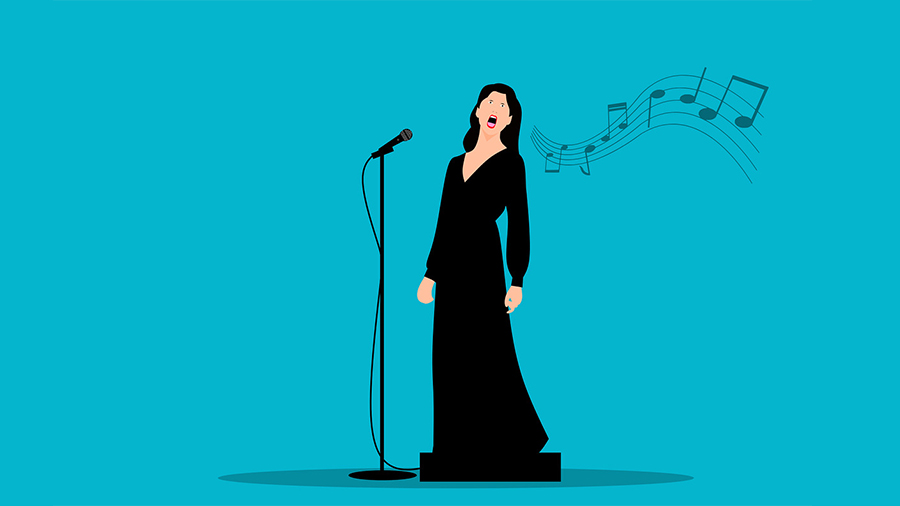
Can empathy be learnt, through the ‘happy sadness’ of art or otherwise? Pixabay
Might empathy be the key to true love?
The thought that all this will be gone someday makes us love in greater earnest. Love has us wail like babies; sometimes we cry rivers. If you feel bad, it is because you are good. Crying is proof love exists within.
Before the India-Pakistan game at the recently concluded ICC Men’s T20 World Cup, I asked a cabbie if he was going to watch the match. He responded wearily, “Hum garib hain, kaise dekhenge? (I’m poor, how will I watch?)” I should have known better. We enjoy games in high definition, nursing glasses of Chardonnay, nibbling on the finest hors d’oeuvres. Life for most is far from a spectator sport.
Good news is researchers say that empathy can be learnt. Berating a waiter for serving your entree 15 minutes later than expected (your choice of ‘slow-cooked’ salmon has nothing to do with it, of course) runs counter to whispering words of endearment in your date’s ear.
Love is at once personal and universal.
People I know indulge me in unabashed banter on WhatsApp, but will not add me on Facebook. I respect their boundaries, but quite relish stepping out of mine on occasion. Allowing strangers in, like eager stags in a nightclub let in by beefy bouncers. Bouncers who were once told to ‘bounce’ themselves. If we can be receptive to more ‘art’, what stops us from embracing more of the ‘real’?
Outer circles are cool, too. While we can’t all be Don Juans, we can empathise. Empathy is love at its minimalist best.
I feel youIn every stoneIn every leaf of every treeThat you ever might have grown
— “I Feel You”, Schiller
Love’s fineries are ubiquitously pret-a-porter. One size fits all. Best removed from hangers, flung onto our beds. There is always space for more. And yes, love for oneself is the indubitable showstopper.
Rohit Trilokekar is a novelist from Mumbai who flirts with the idea of what it means to love. His heart’s compass swerves ever so often towards Kolkata, the city he believes has the most discerning literary audience.
